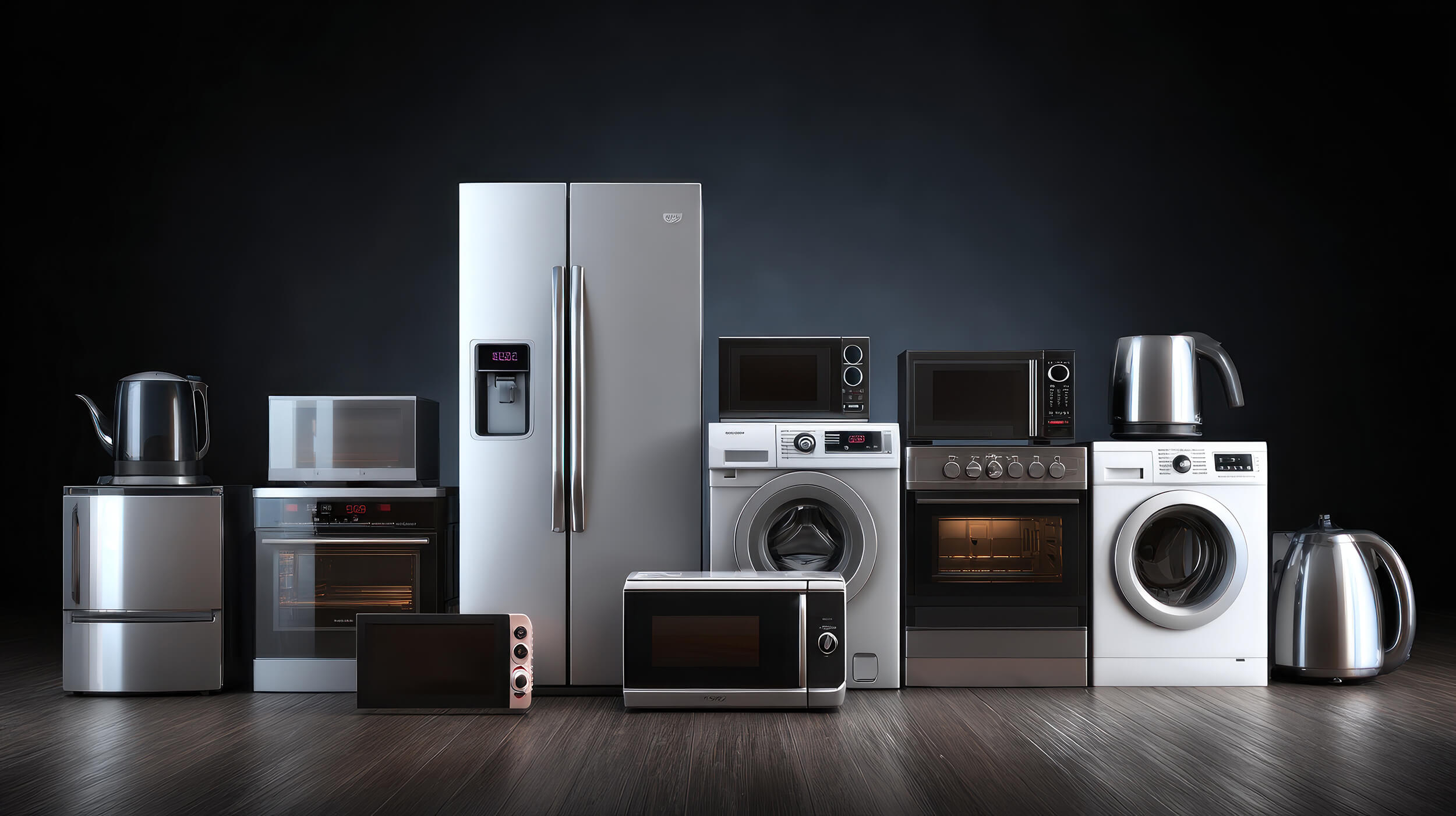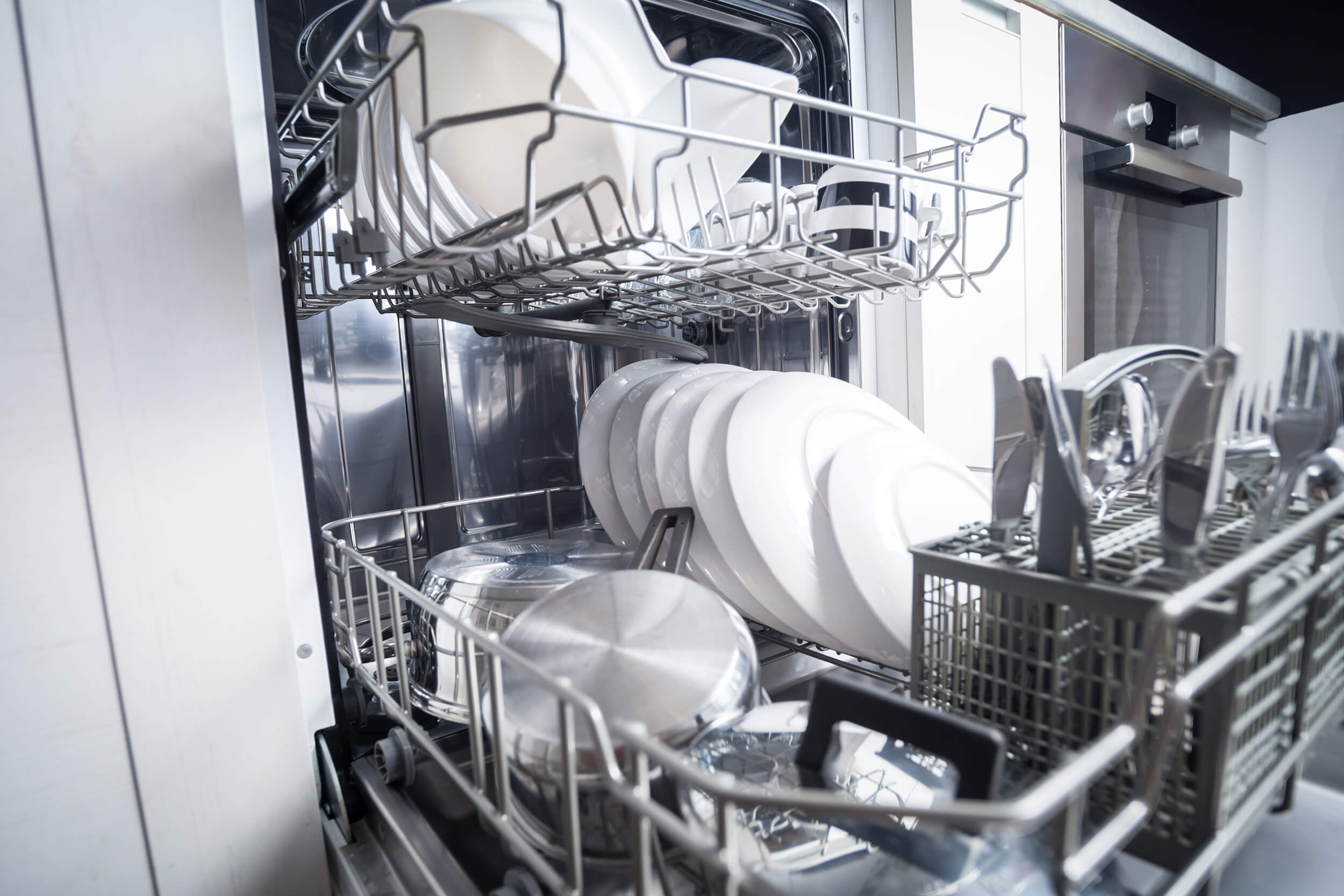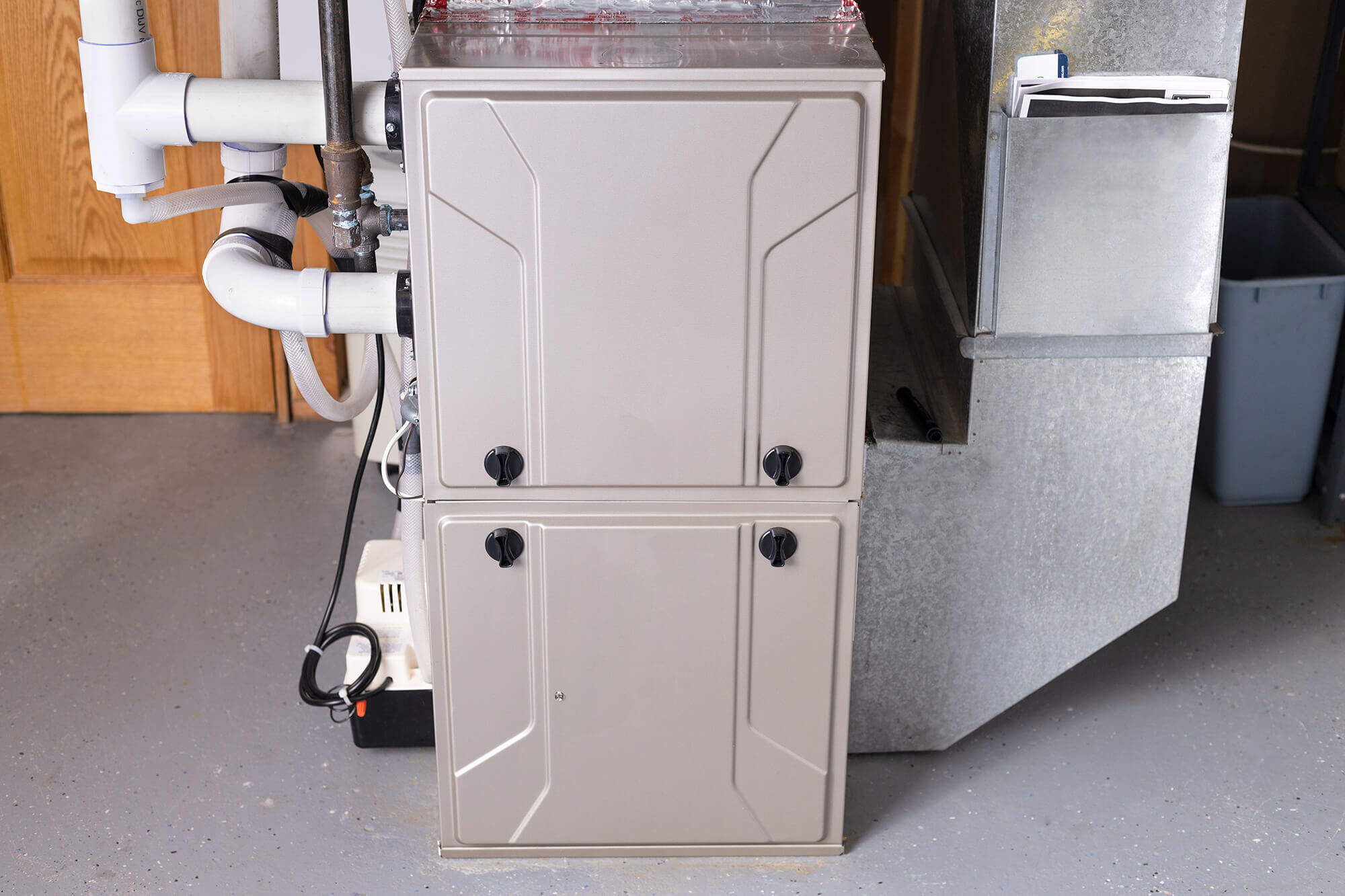Oregon is set to become the second state this year to adopt energy-saving efficiency standards for a suite of household and commercial products following a successful vote in the state senate today. HB 2062 now heads to the desk of Governor Kate Brown, and she is expected to sign the bill, given that it originated in a 2020 executive order she issued.
The efficiency standards are projected to save Oregonians millions of dollars on utility bills and keep almost a million tons of carbon dioxide out of the atmosphere. In 2025 alone, the bill will save Oregon households and businesses $30 million in reduced utility bills. Those savings will increase to $100 million annually by 2035, keeping dollars in consumers’ pockets and available for spending in local economies. Additionally, energy savings will result in about 40,000 metric tons of carbon dioxide emissions being avoided annually by 2025, equivalent to taking about 8,700 cars off the road.
The 11 covered products range from commercial dishwashers and fryers to residential ventilating fans and certain fluorescent lights. Water efficiency standards for showerheads and faucets are also included, which will help Oregon save 3.5 billion gallons of water annually by 2035.
Notably, the bill includes a provision mimicking laws passed in Washington and California to drive the electric hot water heater industry toward producing more grid-connected products. Electric hot water heaters sold in Oregon that are manufactured after January 1, 2022, will be required to have a communications port allowing the appliance to communicate with the electric grid. This feature will allow utilities to offer valuable demand response programs, which can save consumers money and avoid emissions by reducing electricity consumption during expensive peak demand hours.
Once the bill is signed into law, Oregon will join California, Colorado, the District of Columbia, Hawaii, Massachusetts, Nevada, New York, Vermont, and Washington State in setting appliance efficiency standards in the years since 2017. This leadership on energy efficiency is one of many actions needed in order to reach the emissions reductions necessary to combat the worst impacts of climate change. Other state legislatures are also considering setting appliance efficiency standards this year, including those in Illinois, Maine, Nevada, New Jersey, and New York.
The efficiency standards will be effective for the covered products manufactured on or after January 1, 2022, except for high CRI fluorescent lamps, which will take effect for products manufactured on or after January 1, 2023.





